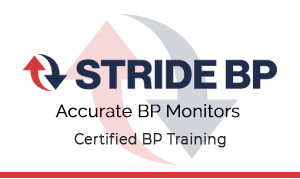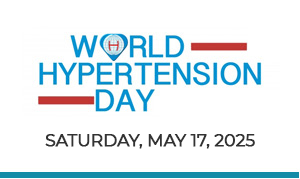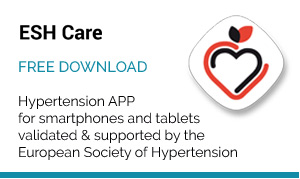Eshonline Audio News
A fundamental change in the way hypertension is measured, and studies to identify evidence-based blood pressure goals have been highlighted as top priorities by one of Sweden’s prominent hypertension specialists, Prof. Björn Dahlöf, during the European Meeting on Hypertension.
Milan, Italy – New goals for blood pressure need to be identified by conducting randomized studies, and other investigations need to be made to look at the relevance of central – rather than brachial – blood pressure, according to a leading researcher here.
But in an interview during the European Society of Hypertension meeting Björn Dahlöf MD, PhD, from Sahlgrenska University Hospital in Göteborg, said that – before this – the immediate need was to reach existing goals for antihypertensive treatment because these are still not being achieved in a minority of patients.
But he emphasised that unlike present goals – which were derived by interpreting the relationship between achieved blood pressures and outcomes in past clinical trials – the new targets for blood pressure need to be found by conducting trials specifically designed to identify them.
As well as this, Dr Dahlöf said: “We [also] need randomized prospective trials to look particularly at systolic pressure to assess goals in individual patients.”
Central Blood Pressure Investigating central pressure, Dr Dahlöf said, could bring benefits: “We already know from small studies that it seems to predict target organ damage and outcomes better than brachial pressure.”
But he said that although brachial pressure is the basis of blood pressure epidemiology and clinical investigation, studies now need to be done with the aim of reducing central pressure, because this could discriminate the efficacy of different therapies better: “Some drugs lower central pressure much less effectively, and as it is known that central pressure is closely related to cerebral, cardiac, renal and cardiovascular damage,” Dr Dahlöf noted.
And he gave an example: “It seems that beta blockers have the worst effect on central blood pressure.” And he thought that monitoring central pressure could help identify agents more effective against stroke through their direct actions on vessel walls.
Dr Dahlöf said that although diuretics and calcium channel blockers have been found to reduce central pressure in the small studies done so far, his main hopes for improving the management of hypertension were through better modulation of the renin-angiotensin system: “I think we still have more work to do on how to optimally modulate the renin-angiotensin system,” he said.
Following ACE inhibitors, angiotensin receptor blockers and renin inhibitiors as the first three generations of agents, Dr Dahlöf believes that a fourth generation will soon be available: “We are working on stimulating the [angiotensin] type 2 receptor, and it could even be that you combine some of these,” he said, predicting that along with other mechanisms (like aldosterone synthetase and receptor blockers) the future may lie in combining generations of renin-angiotensin modulators.






